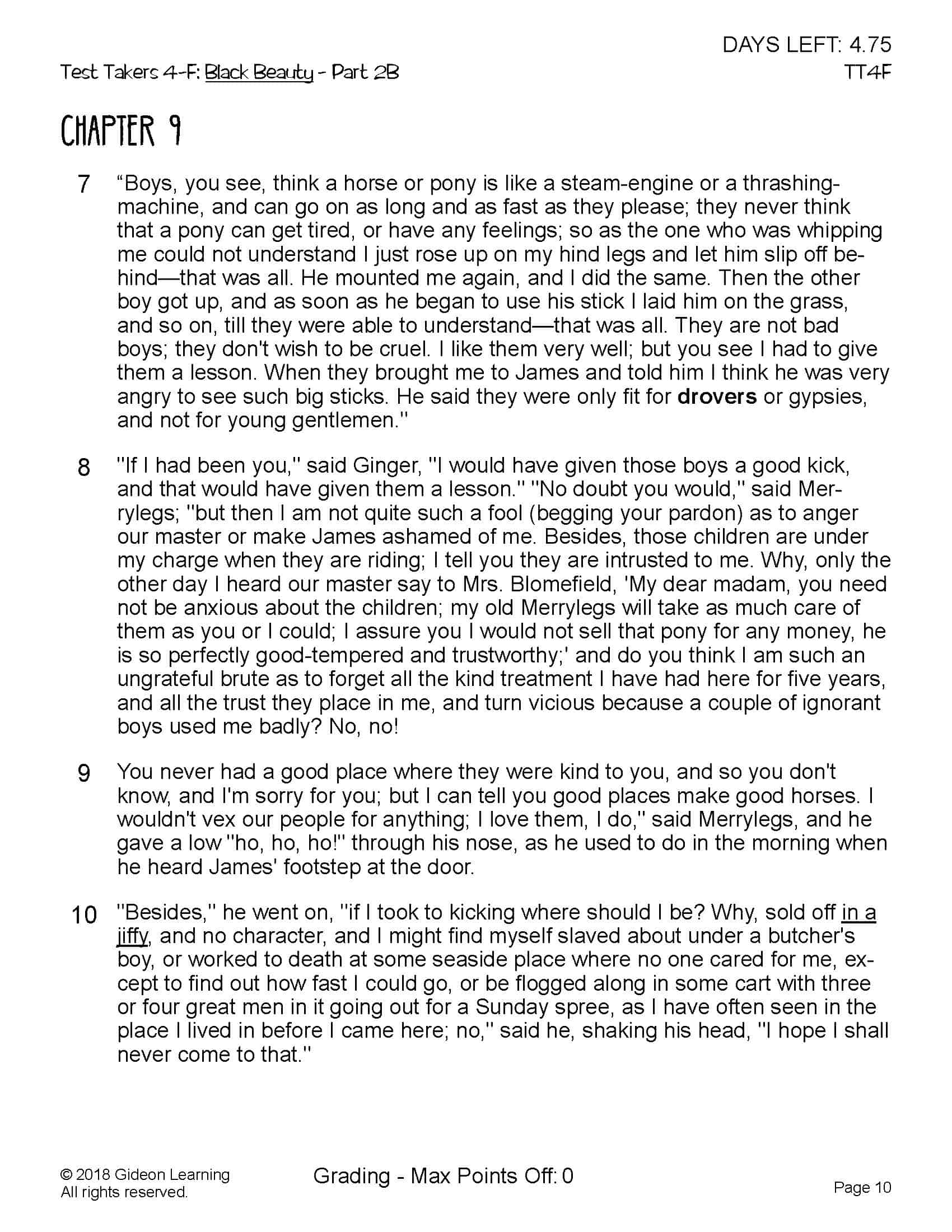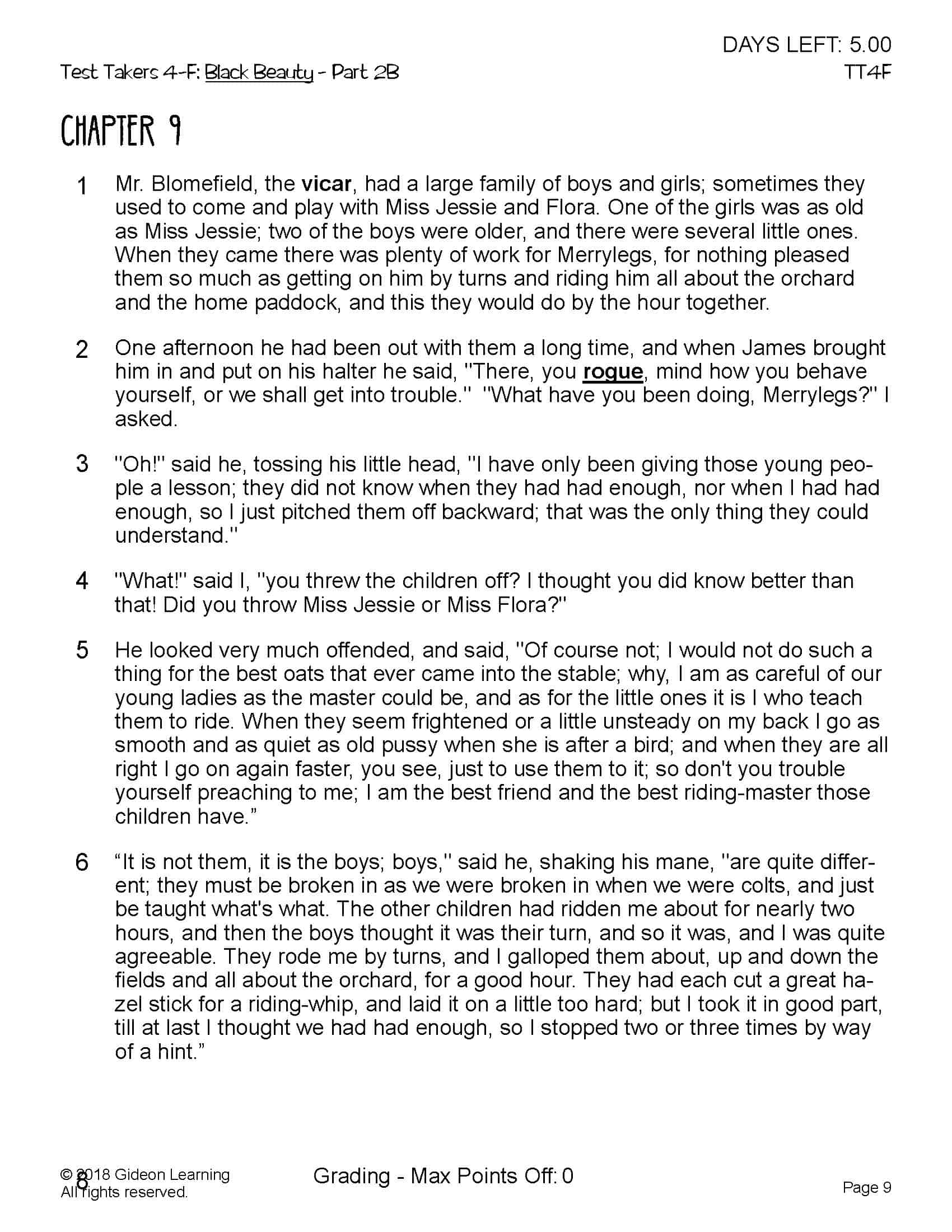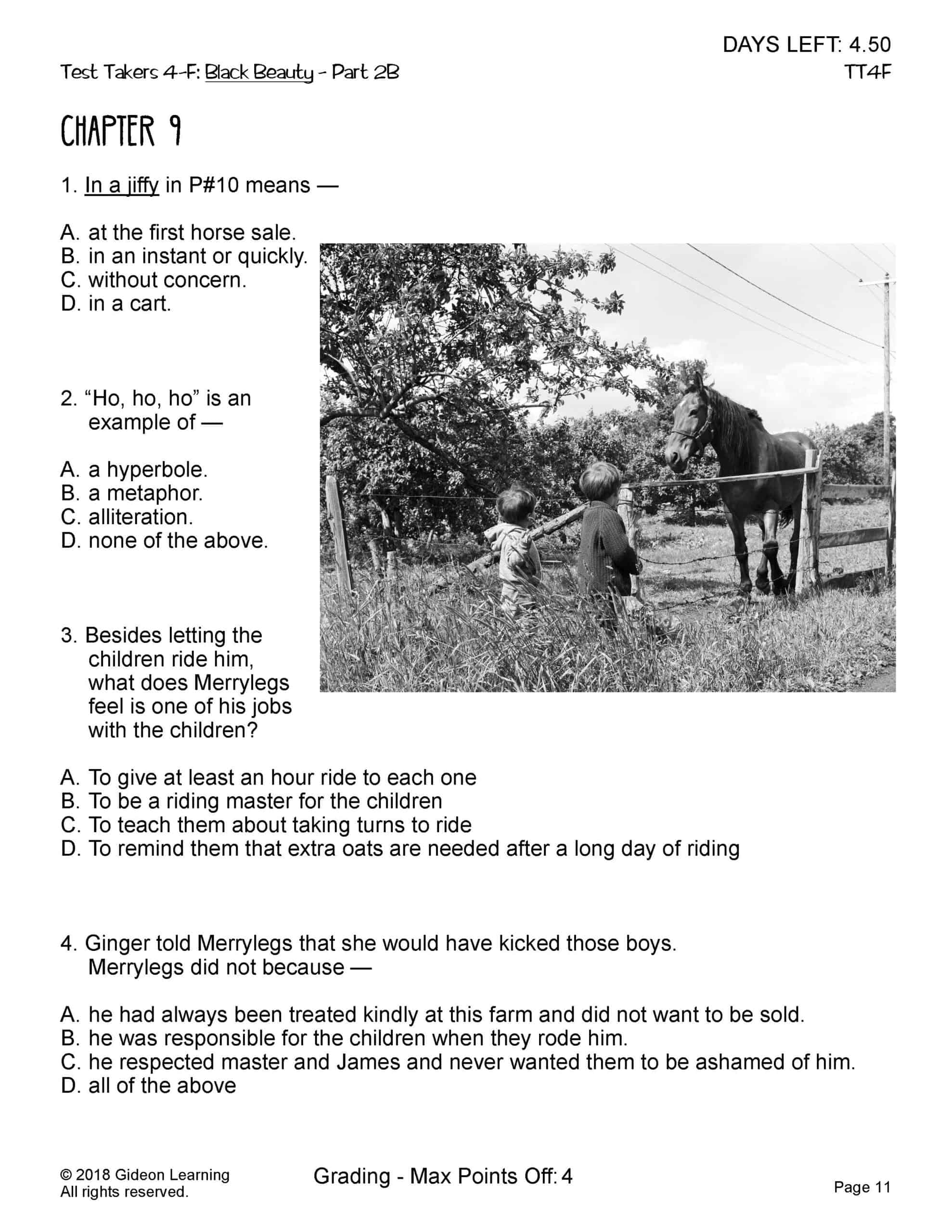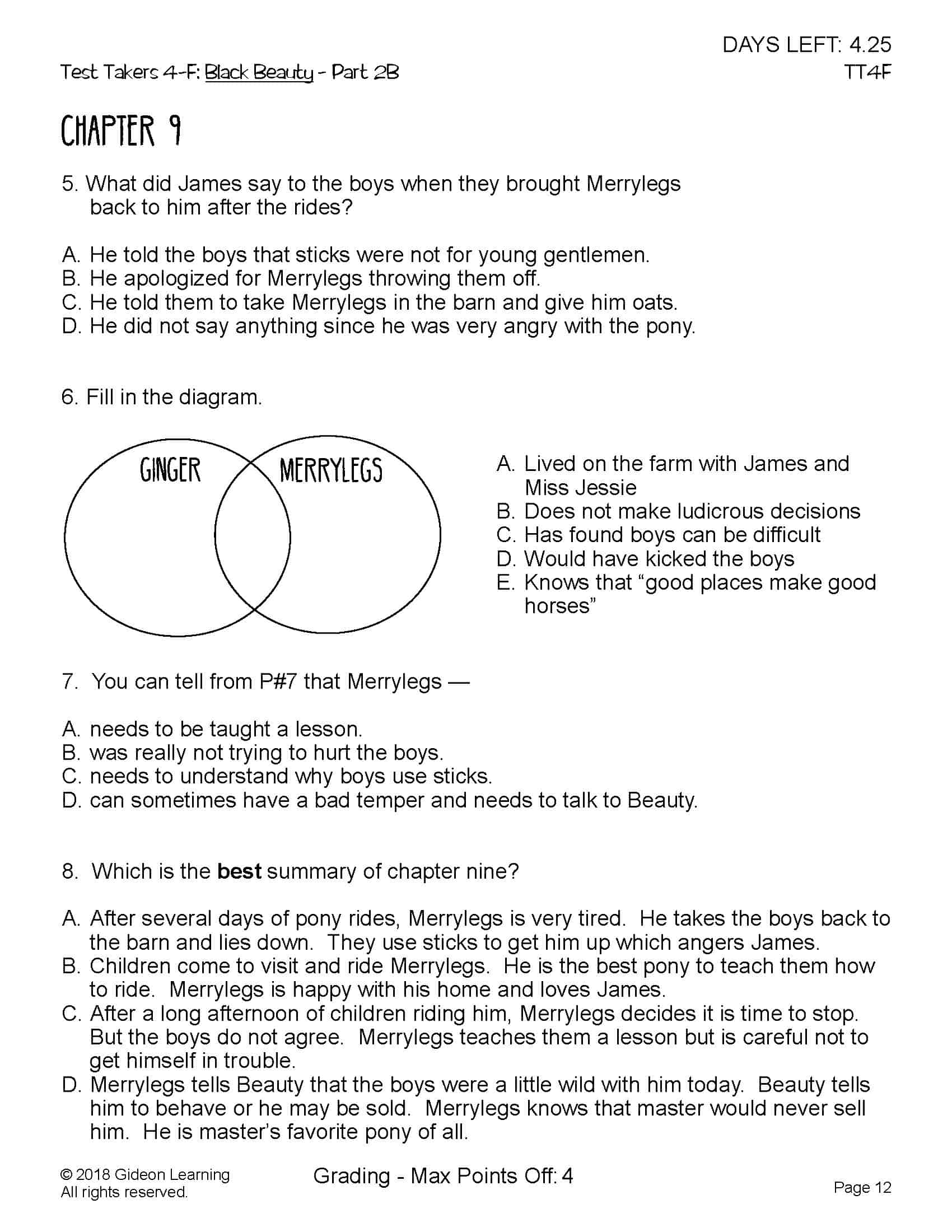Wait, what?
Yes, reading! Think of all the time now your child has to get lost in a book. This is a great way to avoid the summer slide of losing some of the great comprehension skills gained during school year. Your child can read about new places and fun experiences while gaining vocabulary and background knowledge that will aid in the fall. Encourage children to read a wide variety of topics and types of materials – books to magazines to comics to newsletters. Allow your children to pick out titles based on their interests to keep summer reading fun and enjoyable. You could read the book along with your child to create discussions. Read parts of it aloud to one another, especially an adventure or mystery, and get creative with the voices of characters.
This article from the Idaho Statesmen has other great ideas to make reading fun especially for younger children.
Read them a story, Richards says. That sounds simple enough, but there are nuances to making it a lasting experience.
– Be familiar with the text — even if you just give it a quick scan before you start reading.
– Work on varying your voice so you don’t deliver it in a monotone.
– Make it a shared experience. Hold the book close to the child so they can see the pictures and the words. Let them touch it.
“…after the late part of middle school, students generally don’t continue to increase the difficulty levels of the books they read.”
Last year, almost all of the top 40 books read in grades nine through 12 were well below grade level. The most popular books, the three books in The Hunger Games series, were assessed to be at the fifth-grade level.
Last year, for the first time, Renaissance did a separate study to find out what books were being assigned to high school students. “The complexity of texts students are being assigned to read,” Stickney says, “has declined by about three grade levels over the past 100 years. A century ago, students were being assigned books with the complexity of around the ninth- or 10th-grade level. But in 2012, the average was around the sixth-grade level.”
Most of the assigned books are novels, like To Kill a Mockingbird, Of Mice and Men or Animal Farm. Students even read recent works like The Help and The Notebook. But in 1989, high school students were being assigned works by Sophocles, Shakespeare, Dickens, George Bernard Shaw, Emily Bronte and Edith Wharton.
Now, with the exception of Shakespeare, most classics have dropped off the list.
Professor emerita of education at the University of Arkansas, Stotsky firmly believes that high school students should be reading challenging fiction to get ready for the reading they’ll do in college. “You wouldn’t find words like ‘malevolent,’ ‘malicious’ or ‘incorrigible’ in science or history materials,” she says, stressing the importance of literature. Stotsky says in the ’60s and ’70s, schools began introducing more accessible books in order to motivate kids to read. That trend has continued, and the result is that kids get stuck at a low level of reading.
“Kids were never pulled out of that particular mode in order to realize that in order to read more difficult works, you really have to work at it a little bit more,” she says. “You’ve got to broaden your vocabulary. You may have to use a dictionary occasionally. You’ve got to do a lot more reading altogether.”
“There’s something wonderful about the language, the thinking, the intelligence of the classics,” says Anita Silvey. She acknowledges that schools and parents may need to work a little harder to get kids to read the classics these days, but that doesn’t mean kids shouldn’t continue to read the popular contemporary novels they love. Both have value: “There’s an emotional, psychological attraction to books for readers. And I think some of, particularly, these dark, dystopic novels that predict a future where in fact the teenager is going to have to find the answers, I think these are very compelling reads for these young people right now.”
Reading leads to reading, says Silvey. It’s when kids stop reading, or never get started in the first place, that there’s no chance of ever getting them hooked on more complex books.




